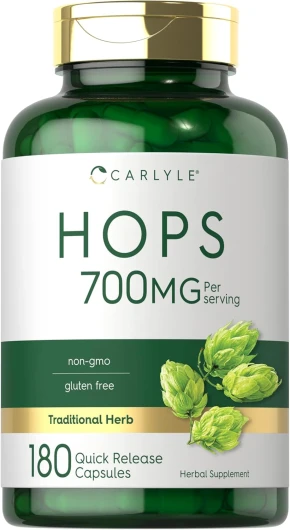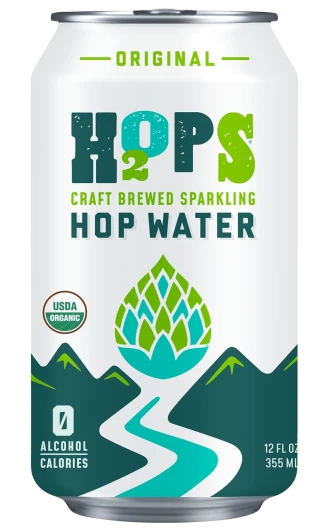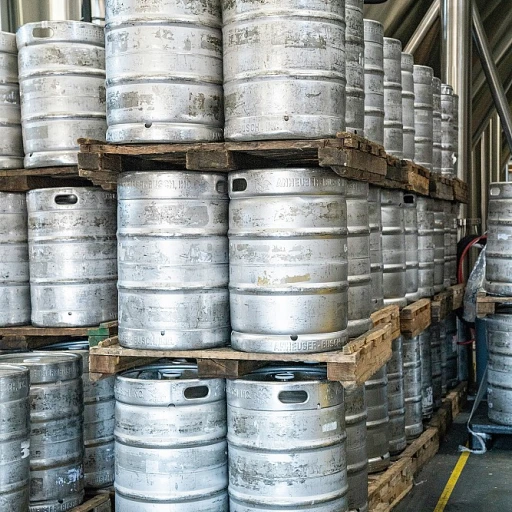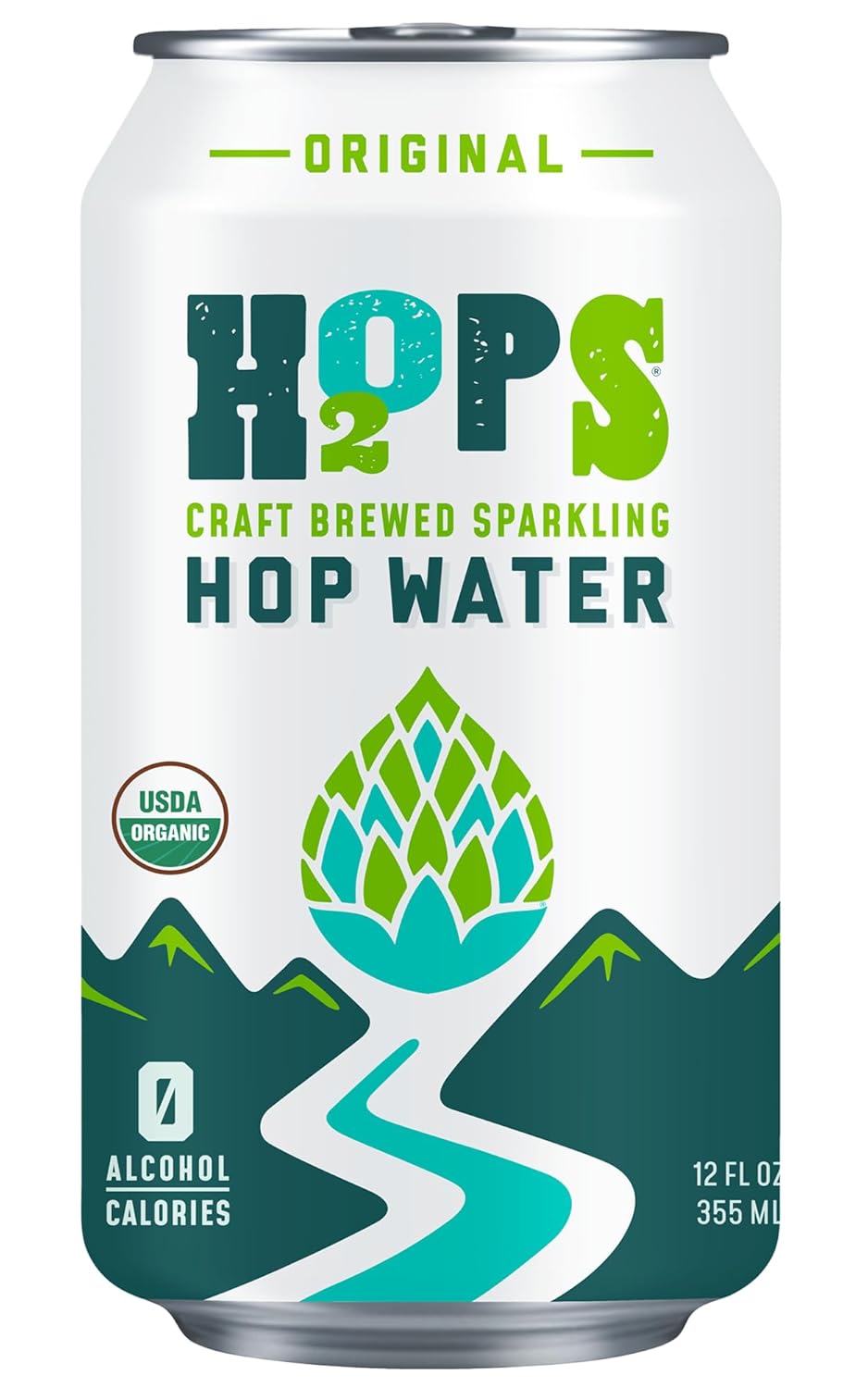
Understanding Hops and Gluten
Unraveling the Relationship Between Hops and Gluten
Hops have long been a cornerstone of the beer brewing process, celebrated for adding bitterness, aroma, and flavor to beer. Cultivated since ancient times, hops are the flowers of the Humulus lupulus plant. Gluten, by contrast, is a protein composite found in grains like wheat, barley, and rye. At first glance, it might seem confusing to discern the connection between hops and gluten.
It's important to clarify that hops do not contain gluten. Gluten is specific to the grain components used primarily during the malting process in brewing. Since hops are not grains, they are naturally gluten-free.
Now, how do these components interact in beer? While hops contribute significantly to the taste and aroma profile, it’s the choice of grains such as barley or wheat that introduce gluten into the brewing process. For a deeper dive into ingredients and their impact, exploring the nuances of ingredients like cara gold malt can offer some fascinating insights.
The Brewing Process and Gluten
Role of Gluten During Brewing
As we progress into the brewing process, understanding the role of gluten becomes essential. During beer production, grains such as barley and wheat are often used as primary ingredients. These grains contain gluten, which contributes to the beer's overall structure and mouthfeel.
It's important to note that hops themselves do not contain gluten. They play a different role, primarily as a flavoring and bittering agent, balancing the sweetness of malted grains. Therefore, when considering gluten presence in beer, the focus should be on the grains rather than hops.
In certain situations, beer producers might add adjuncts or other ingredients that might contain gluten. For those with gluten sensitivities, ensuring transparency about all brewing ingredients is crucial.
Explore more about beer ingredients used in diverse brewing methods.Gluten-Free Beer Options
Exploring Alternatives for Gluten-Free Brews
For those with a sensitivity to gluten or celiac disease, finding suitable beer options can be essential. Traditional beers typically contain gluten due to the grains used in brewing, such as barley and wheat. Fortunately, there are several routes breweries follow to craft gluten-free alternatives:- Gluten-Free Grains: Some breweries utilize grains that are naturally gluten-free, such as sorghum, millet, or rice. These grains provide a different range of flavors and may appeal to those seeking both a gluten-free and unique beer experience.
- Enzymatic Processing: Brewers may employ enzymes to break down gluten proteins in traditional brews. This method facilitates the production of beers labeled "gluten-removed," though it is important for those with severe gluten sensitivities to understand that trace amounts may still remain.
- Specialized Breweries: There are breweries dedicated entirely to the production of gluten-free beer, ensuring a wide variety of styles and flavors that cater specifically to gluten-sensitive individuals.
Celiac Disease and Gluten Sensitivity
Understanding Celiac Disease and Gluten Sensitivity
For those who have celiac disease or gluten sensitivity, consuming gluten is not a simple matter. Celiac disease is an autoimmune disorder where ingesting gluten leads to damage of the small intestine. On the other hand, gluten sensitivity doesn't cause intestinal damage, but can result in uncomfortable symptoms. It's crucial for people with either condition to be mindful of the ingredients and the brewing process of their beverages, including beer. The process discussed earlier emphasizes how gluten can slip into unexpected places, even in products like traditional beers that don't have obvious gluten-containing ingredients like wheat or barley.Symptoms to Watch Out For
If you're gluten-sensitive or have celiac disease, consuming gluten can result in a variety of symptoms:- Digestive discomfort such as bloating and diarrhea
- Headaches or migraines
- Joint pain and fatigue
- Skin issues like rashes


















